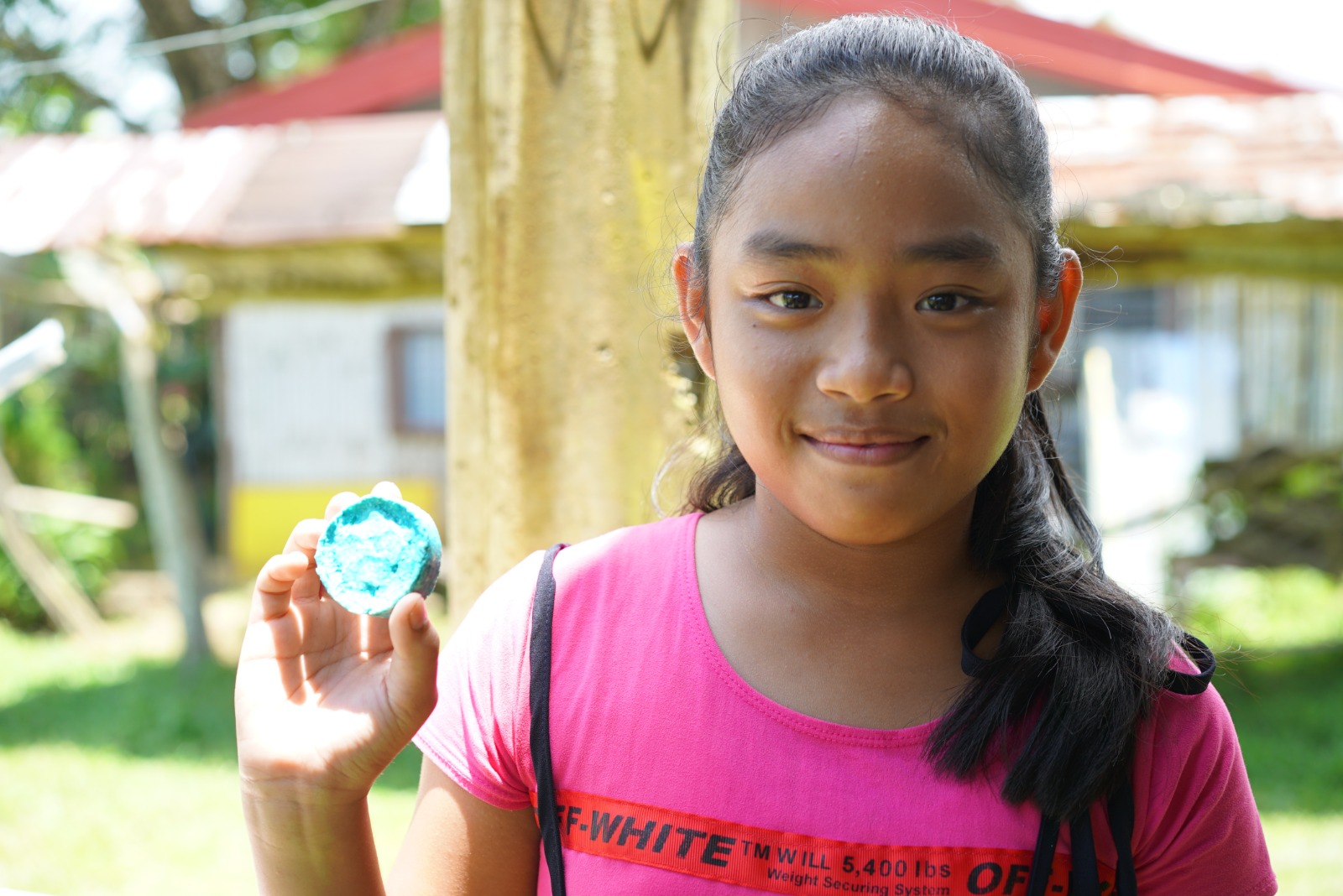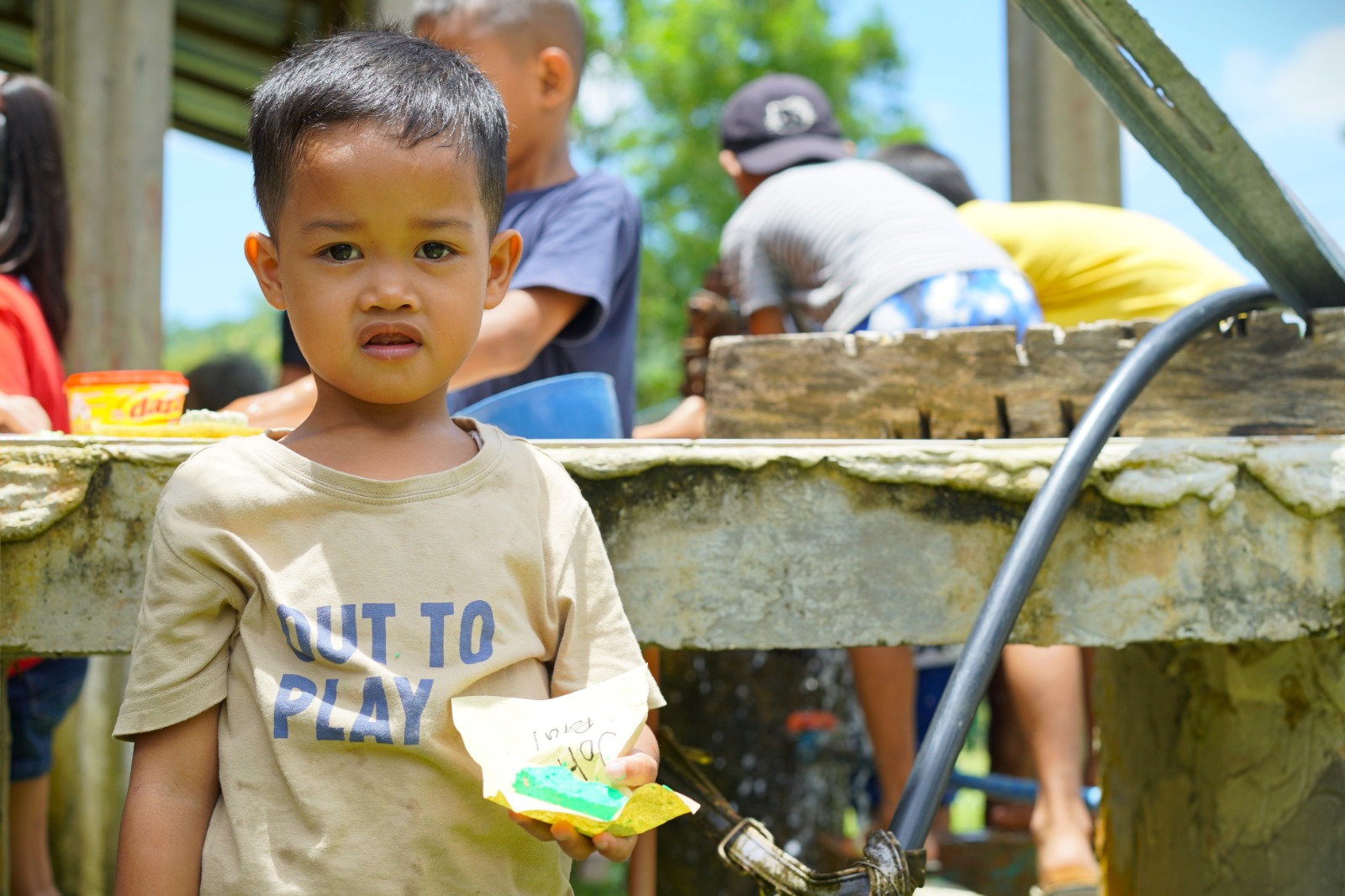 It’s amazing how many decisions we make each day, from what we buy to what we use and eventually dispose of. But have you ever stopped to think if there might be a better way?
It’s amazing how many decisions we make each day, from what we buy to what we use and eventually dispose of. But have you ever stopped to think if there might be a better way?After my recent service trip, I’ve been doing some serious self-reflection. It’s easy to believe that the way we’re used to doing things is the best way, right? But sometimes, there’s more to the story.
Take the humble soap bar, for example. When we stay at hotels, we’re often provided with a fresh bar of soap. It seems like a small luxury and using it a couple of times before discarding it doesn’t feel wrong. But here’s the twist: while we might consider it a simple amenity, for many in the developing world, access to basic hygiene essentials like a soap bar is a luxury in itself.
It’s eye-opening to realize that what we consider “useless” could mean the world to someone else. That unused portion of soap that often goes to waste could have a tremendous impact in a different context.
This got me thinking about the lifecycle of products and how we can maximize their usefulness. How can we extend the life of a product? How can we better utilize what we have? These questions have become a part of my daily contemplation.

But let’s not use the concept of recycling or the circular economy as an excuse to justify overconsumption. It’s true that many of us are benefiting from industrialization and globalization, but it’s crucial to remember that our choices have consequences, especially for those who bear the brunt of industrial pollution.
So, here’s a challenge: Before you make your next consumption decision, pause for a moment. Think about the impact it might have beyond your immediate use. Consider the alternatives, and if you can, choose the one that aligns with a more mindful and impactful way of living.
Let’s shift from mindless to mindful consumption and make choices that resonate beyond ourselves. Together, we can create a world where our daily actions truly matter.
– Shared by the Soap Cycling Aug-2023 Service Trip participants



